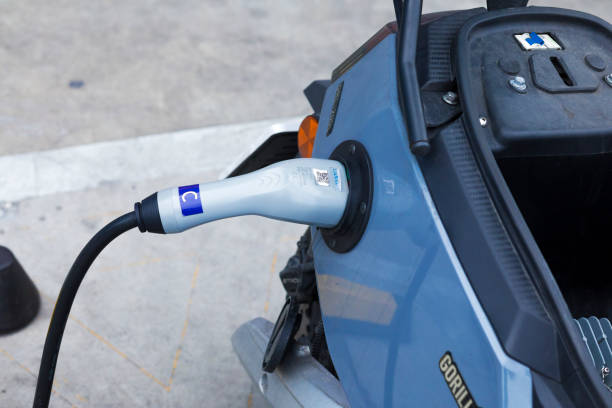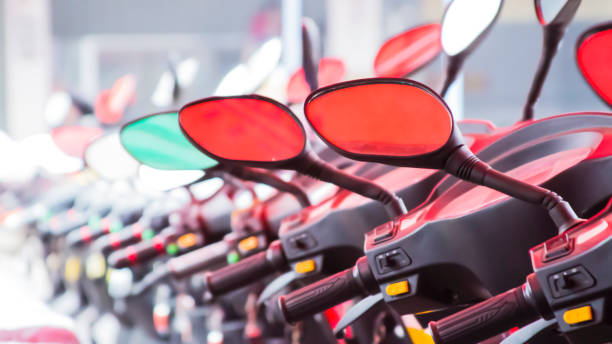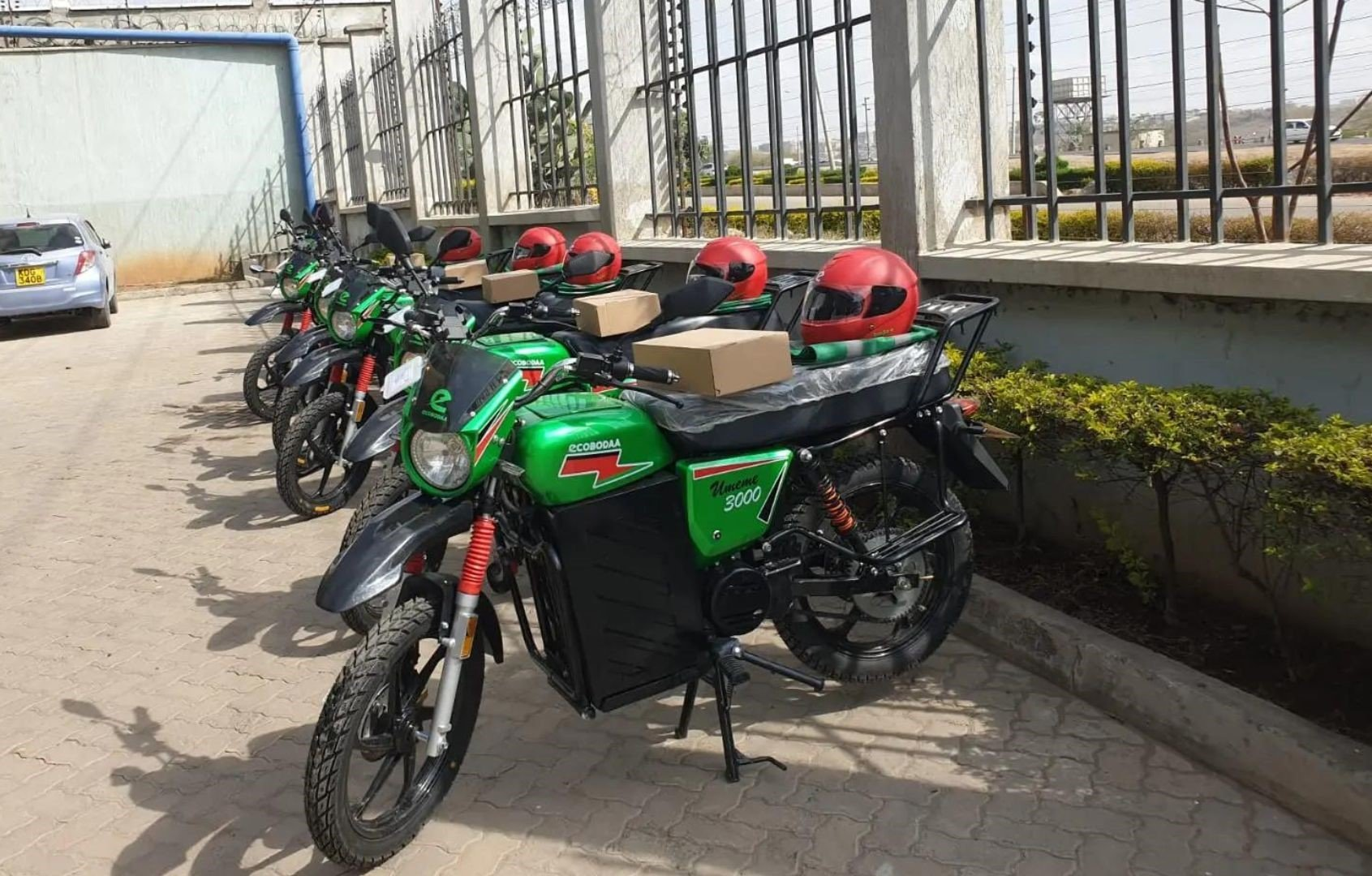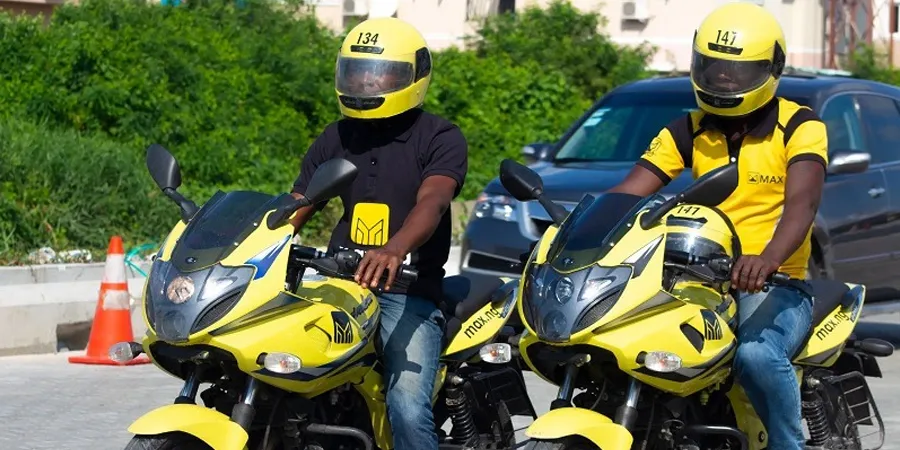The Rise of African Electric Mobility — E-Motorbikes Powering Change in Rwanda, Kenya, and Nigeria

The Rise of African Electric Mobility: From Fuel Pumps to Charging Ports
Have you ever taken a stroll down a street in Kigali or Nairobi and hear that peculiarly quiet humming sound? That's not some broken generator—that's the new wave. Electric motorbikes are taking over, and seriously, it's wild how fast things are moving. Forget the old image of Africa's roads jammed with smoky exhaust and endless honking. Recently, it's all about the gentle hum of batteries and a stream of riders whizzing by, avoiding potholes and jams, all without a single drop of petrol being burned.
Why's this? Well, gas prices are ridiculous (seriously, have you seen the numbers?), and everyone’s getting nervous about climate stuff. Plus, governments are actually doing something for once—pushing for cleaner energy, making policies, and, get this, even cutting some taxes for electric vehicles and parts. About time, right?

Africa isn’t waiting for Elon Musk to drop some million-dollar Tesla. Nope. Here, the electric revolution is all about motorbikes—the boda-bodas, the okadas, all those workhorse bikes that rule city streets. They’re the backbone of short-distance transport. It makes sense to start here.
Want to find ground zero for this change? Look no further than Rwanda, Kenya, and Nigeria. Each nation's got its own flavor—various regulations, various challenges, but all moving in the same direction: dumping fossil fuels and struggling towards something more.
Rwanda: When Policy Actually Does Its Job
Kigali’s got this whole thing figured out, or at least they’re faking it pretty well. The government didn’t just talk about climate change—they went all in: slashing import duties on electric bikes and their parts, tossing out special electricity rates for charging stations, and basically telling petrol bikes their days are numbered.
Now, startups like Ampersand and Safimotor are everywhere. Their trick? Forget waiting hours to charge—just swap out your battery at a roadside booth and boom, you’re back earning cash in minutes. No more sitting around, no more losing fares. Riders are saving almost half what they used to blow on fuel. For a lot of folks, that’s the difference between making rent or not.
And the best part? The government didn’t just throw money at the problem. They set the rules, got private investors interested, and let the market do its thing. So now, Kigali’s packed with shiny electric bikes, looking all futuristic and local at the same time.
Of course, it’s not all rainbows. It’s still tough for low-income riders to get financing for these bikes, and there’s the whole issue of what to do with dead batteries piling up. But, honestly, Rwanda’s showing everybody else how it’s done. You don’t need a giant economy. You just need a plan and the guts to stick with it.
Kenya’s E-Mobility Ecosystem: Where Innovation Meets the Road
Let’s just say, if there’s anywhere in East Africa where you can actually feel the future zooming past you, it’s probably Nairobi. The city’s already been killing it with stuff like M-Pesa and all sorts of digital wizardry, and now they’ve set their sights on how people get around. You’ve got names like Ecobodaa, Roam, and Spirra. These boda boda men are not merely speaking; they're actually getting things to work, and everything is local.

Latest Tech News
Decode Africa's Digital Transformation
From Startups to Fintech Hubs - We Cover It All.
Here's the twist: Kenya's power? It’s basically green. Like, over 90% of it comes from geothermal, wind, hydro, and solar. So, when someone charges their e-bike, it’s not like they’re plugging into some dirty grid powered by ancient dinosaur juice. It’s wind, sun, hot rocks — real local power. That’s a rare flex, honestly.
Ecobodaa’s rolling out bikes that look like they were built to survive Nairobi traffic — tough as nails, cheap enough to actually buy, and you don’t need an engineering degree to fix them. And the way people pay? M-Pesa, obviously. Plus, they’ve got this rent-to-own thing, so you can hustle, pay bit by bit, and eventually own your ride. With gas prices doing their usual “skyrocket just because,” a lot of guys are seeing e-bikes as a way to actually keep some cash at the end of the week. It’s not about being eco-hipsters; it’s about not going broke.
Roam? They’re playing the long game. Their assembly plant in Nairobi is shipping bikes out to other countries. Kenya as Africa’s Detroit, but with way more sunshine and fewer abandoned factories? Hey, why not. The government’s even tossing in some goodies — tax breaks on EV parts, plus a nudge for companies to build batteries locally instead of just importing everything.
Of course, not everything’s smooth. Charging spots are a bit like finding a working ATM on a rainy Friday night — decent in town, but good luck out in the sticks. Some startups are getting clever, though: think mobile charging vans, battery swap stations, solar-powered setups in places most people can’t find on a map.
And, yeah, there’s the “culture shock” bit too. If you’ve spent your life riding something that sounds like an angry bee, a silent bike feels… weird. Some riders think quiet means weak, and mechanics are having to learn new tricks, fast. But honestly, money talks. One courier said it best: “If it gets me more money at the end of the day, I don’t care if it makes noise or not.”
Kenya’s whole e-mobility thing? It’s proof that when you let people actually solve problems their own way — not just wait for some big government master plan — you get real change. The hustle's real, the technology's local, and the energy's clean. What more do you need?
Nigeria’s Sheer Size and the Wild Ride to Africa’s Electric Future
Look, if Rwanda’s the poster child and Kenya’s the cool startup garage, then Nigeria? Nigeria's stress test. With 200 million-plus people and more motorbikes zigzagging around than you can count, flipping all that to electricity isn’t just a tech switch—it could flip the whole continent’s transport game. But man, Nigeria doesn’t do “easy mode.” The electricity grid is about as reliable as a weather forecast, money’s tight, and government support? Well, sometimes it shows up, sometimes it ghosts you.
Even with all that, folks keep hustling. Take MAX, for example—Metro Africa Xpress. These guys brought in electric bikes for delivery gigs and ride-hailing, and they’re not just winging it. They’re rolling out battery-swapping stations, helping drivers with financing (because, let’s face it, most people can’t just buy a new e-bike outright), and using data to keep the whole thing running smoothly. Spirra Nigeria’s giving it a shot, too, hoping city folks who are sick of crazy petrol prices (thanks, subsidy removal) will jump on board.

Honestly, the money side of this is starting to make too much sense to ignore. Petrol prices are through the roof, the naira’s on its own rollercoaster, and charging an e-bike costs peanuts compared to filling up. Most riders aren’t exactly hanging solar panels for the planet—they’re just trying to survive without going broke.
The government’s playing catch-up. On the bright side, they’ve slashed import duties for electric vehicles, and they’re nudging local assembly to get rolling (thanks, new industrial policy). Lagos, drowning in traffic and smog, is even poking at electric trikes and buses. There’s momentum, sure, but the big question is: can the roads, cash, and power supply keep up with the hype?
Zoom out, and e-mobility’s now wrapped up in Africa’s big dreams for energy independence and not getting screwed by climate change. It’s not just about gadgets—it’s Africa saying, “We’re not making the same mistakes as the last century.”
But hey, ambition alone won’t cut it. If you can’t keep the lights on, help people actually buy these bikes, or build them close to home, electric dreams are stuck in the city. And let’s be real—out in the villages, bikes are basically lifelines.
However, whether it's Rwanda's hip boulevards, Kenya's intelligent tech hubs, or Nigeria's beautiful chaos, the fact is: Africa's e-mobility moment is no dream for the future. It’s happening. It's a bit rough around the seams, but it's happening and it's homegrown.
Latest Tech News
Decode Africa's Digital Transformation
From Startups to Fintech Hubs - We Cover It All.
So the next time you see someone trading a battery instead of heading to the pump, remember—they're not just rolling with the punches. They’re the ones throwing them.
You may also like...
When Sacred Calendars Align: What a Rare Religious Overlap Can Teach Us

As Lent, Ramadan, and the Lunar calendar converge in February 2026, this short piece explores religious tolerance, commu...
Arsenal Under Fire: Arteta Defiantly Rejects 'Bottlers' Label Amid Title Race Nerves!

Mikel Arteta vehemently denies accusations of Arsenal being "bottlers" following a stumble against Wolves, which handed ...
Sensational Transfer Buzz: Casemiro Linked with Messi or Ronaldo Reunion Post-Man Utd Exit!

The latest transfer window sees major shifts as Manchester United's Casemiro draws interest from Inter Miami and Al Nass...
WBD Deal Heats Up: Netflix Co-CEO Fights for Takeover Amid DOJ Approval Claims!

Netflix co-CEO Ted Sarandos is vigorously advocating for the company's $83 billion acquisition of Warner Bros. Discovery...
KPop Demon Hunters' Stars and Songwriters Celebrate Lunar New Year Success!

Brooks Brothers and Gold House celebrated Lunar New Year with a celebrity-filled dinner in Beverly Hills, featuring rema...
Life-Saving Breakthrough: New US-Backed HIV Injection to Reach Thousands in Zimbabwe

The United States is backing a new twice-yearly HIV prevention injection, lenacapavir (LEN), for 271,000 people in Zimba...
OpenAI's Moral Crossroads: Nearly Tipped Off Police About School Shooter Threat Months Ago
ChatGPT-maker OpenAI disclosed it had identified Jesse Van Rootselaar's account for violent activities last year, prior ...
MTN Nigeria's Market Soars: Stock Hits Record High Post $6.2B Deal

MTN Nigeria's shares surged to a record high following MTN Group's $6.2 billion acquisition of IHS Towers. This strategi...
